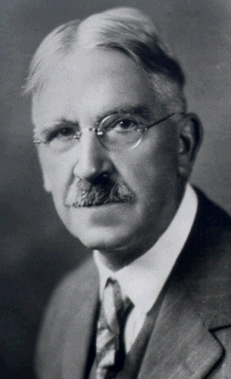 Source
SourceAlthough there are many things that I learned during the semester, there are some particular things that will stay with me as I move forward with my goals. The assignment that was most informative to me, was our blog posts about "hot topics" in schools. This was such a great way for us all to learn about things that are currently important conflicts in our schools. What I loved most though, was how pretty much every person picked a different topic. I chose Gender Biasing as my topic because I felt it was something that is a major problem in our schools today. I felt like this assignment taught me a lot, but it was great because I was the one who was teaching!
One thing that I will take with me from this class, and use in my future as a teacher, is the idea of equality in the classroom. I had the privlege of observing in a first grade classroom this semester and I was reminded numerous times throughout my experience of just how important equality is, not just for the students, but also for the teachers. Coincidentally, on one of our first blog posts, we had to discuss "Why Teach?" and this was one of the points that I touched upon. I believe that in order to have a successful classroom, everyone must be treated as equals and unfortunately this isn't always the case. I loved receiving all of the feedback from my classmates about my blog posts and I think that the two posts I mentioned above had a great impact.
I feel as if my classmates played a great role in my "education" this semester. As this was an online course, there was a lot of freedom and independence that one might not necessarily experience in a normal class. However, I believe that we all helped each other by explaining what we read, having discussions, and helping each other when we didn't understand. I really enjoyed reading some of my classmates' blogs each week, as we all had different ideas when it came to our posts. I really enjoyed taking this class and liked how it was set up, the blog allowed us to use our creativity as a learning tool.









